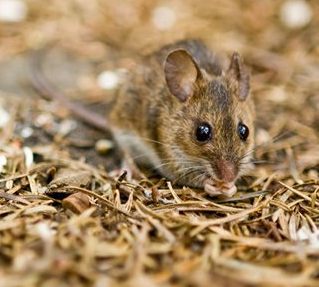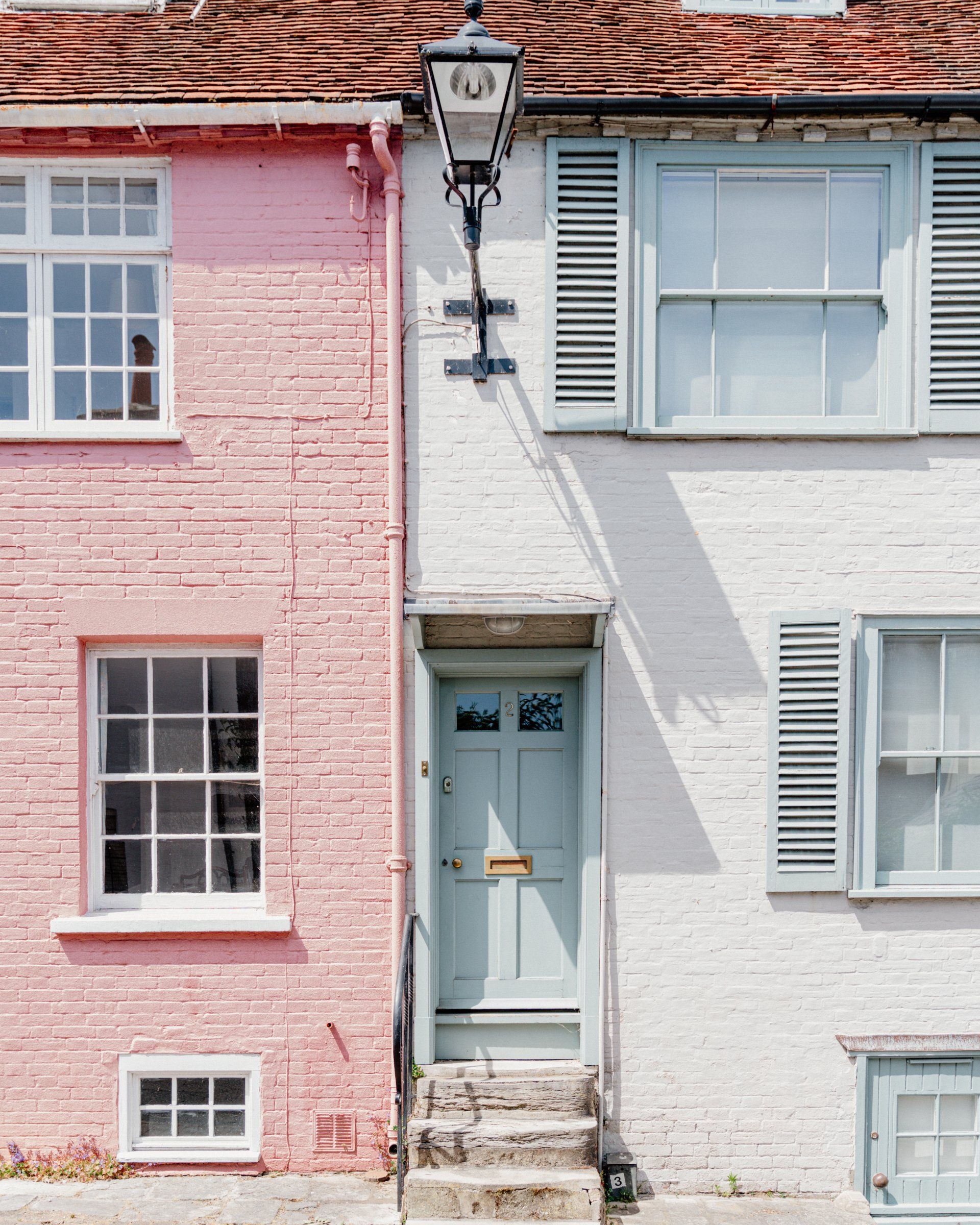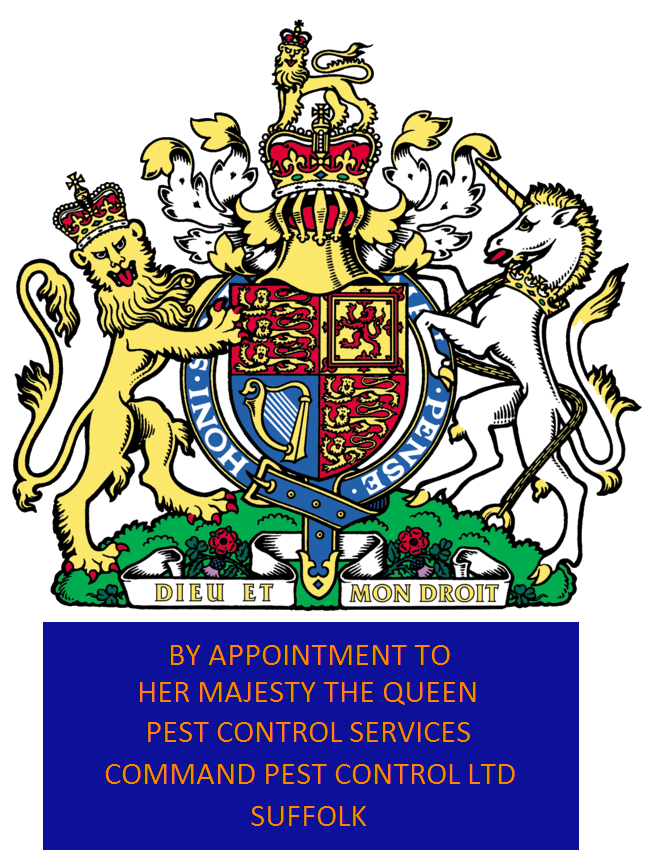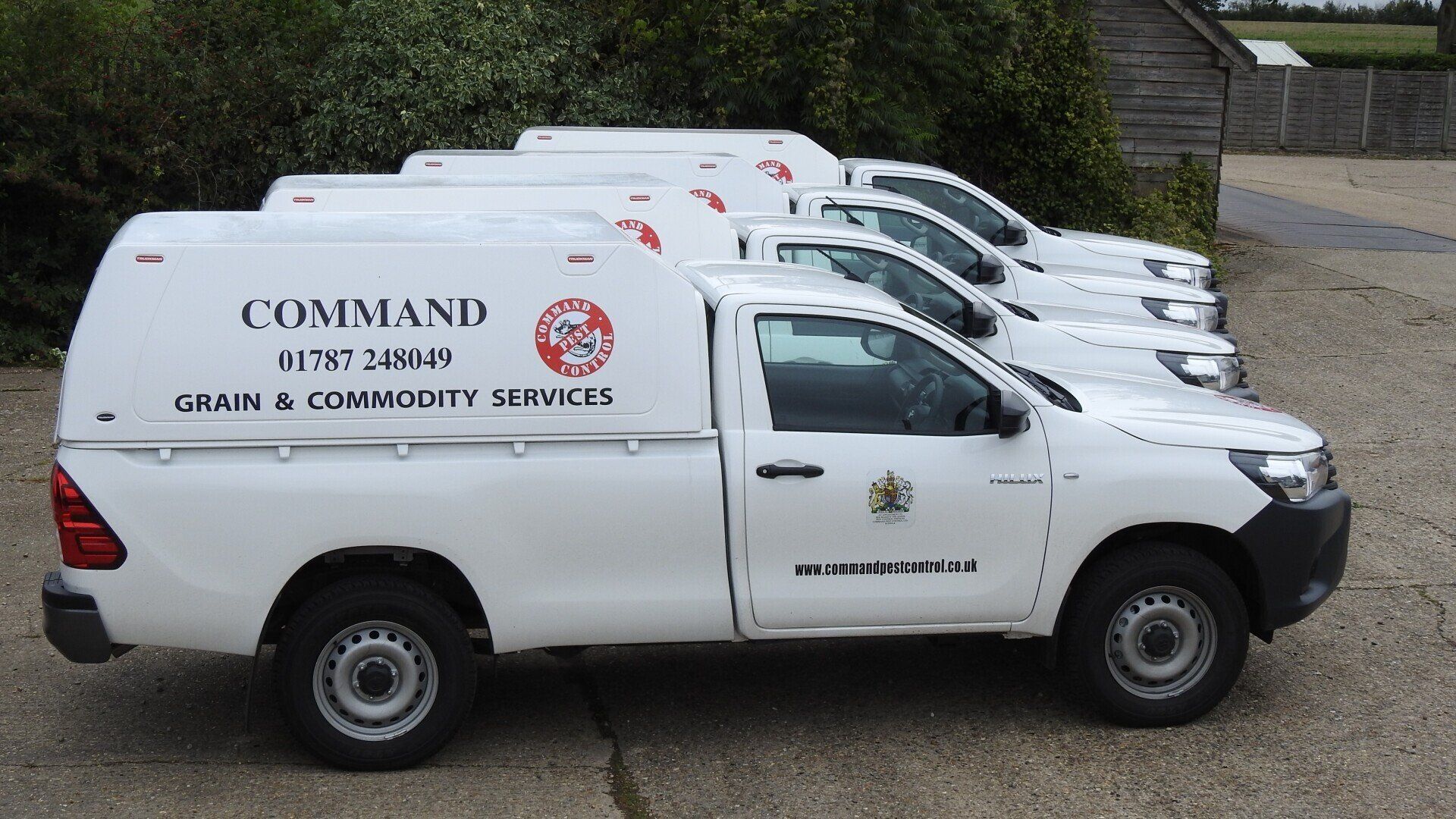How we helped with a Mole Issue
Pest Control in Essex - Moles
We are delighted that our team could assist with customer with their mole issue. Moles do cause considerable damage to fields and gardens and can quickly establish themselves. Jack did a wonderful job in explaining a moles behaviour which the customer really appreciated & swiftly resolved their issue.
“I called command as I have an ever-increasing mole issue year on year & this time, they have been relentless. What started with mole hills in runs under fencing has quickly spread to hills all over the fields, so I had to take action to get something done. Upon speaking to Command’s office, Jack called me back. He listened to the issue and explained how Moles worked. He said they could tunnel up to 4 metres an hour and would create complex burrowing systems. He also advised me that they could be attracted to areas which are insect rich as most of their diet will consist of earth worms – which I could relate to! Jack offered me advice on how the treatments could be done with using gas or traps. Due to having livestock close and the large number of hills, it was decided to move the livestock to another field and then trap the moles. This worked really well, and we were soon catching! Jack kept calling back to ensure the traps were emptied. Since the treatment, we have had no more re-occurrences and are extremely happy with everything which was done. I will defiantly be recommending this service”.
If you have an issue with Moles in your garden or your Commercial Property, please
get in touch with our local team at Command Pest Control.







